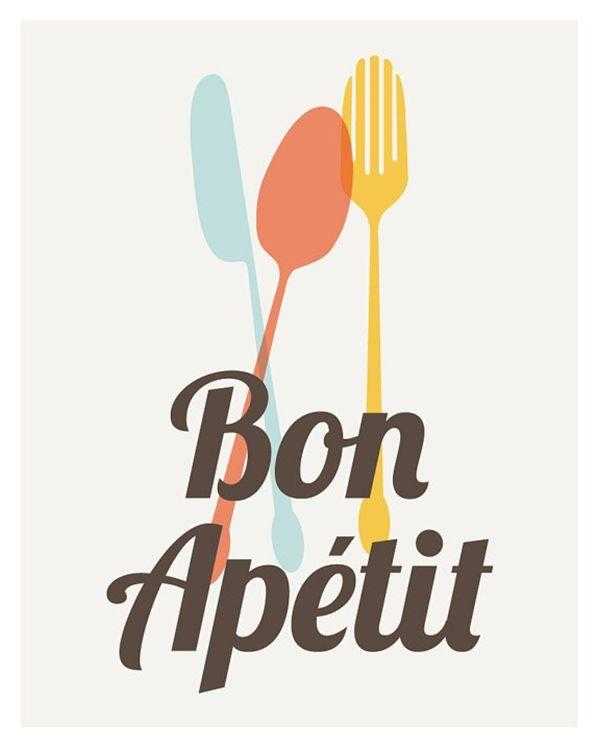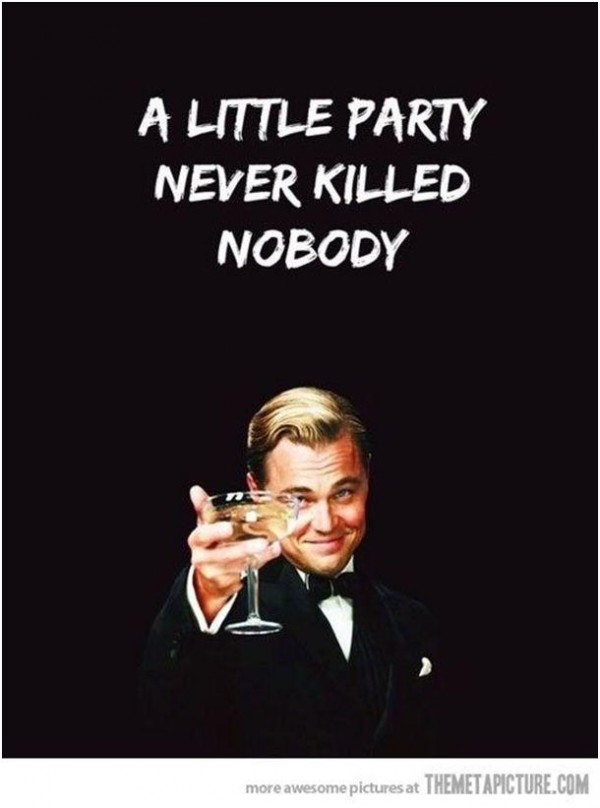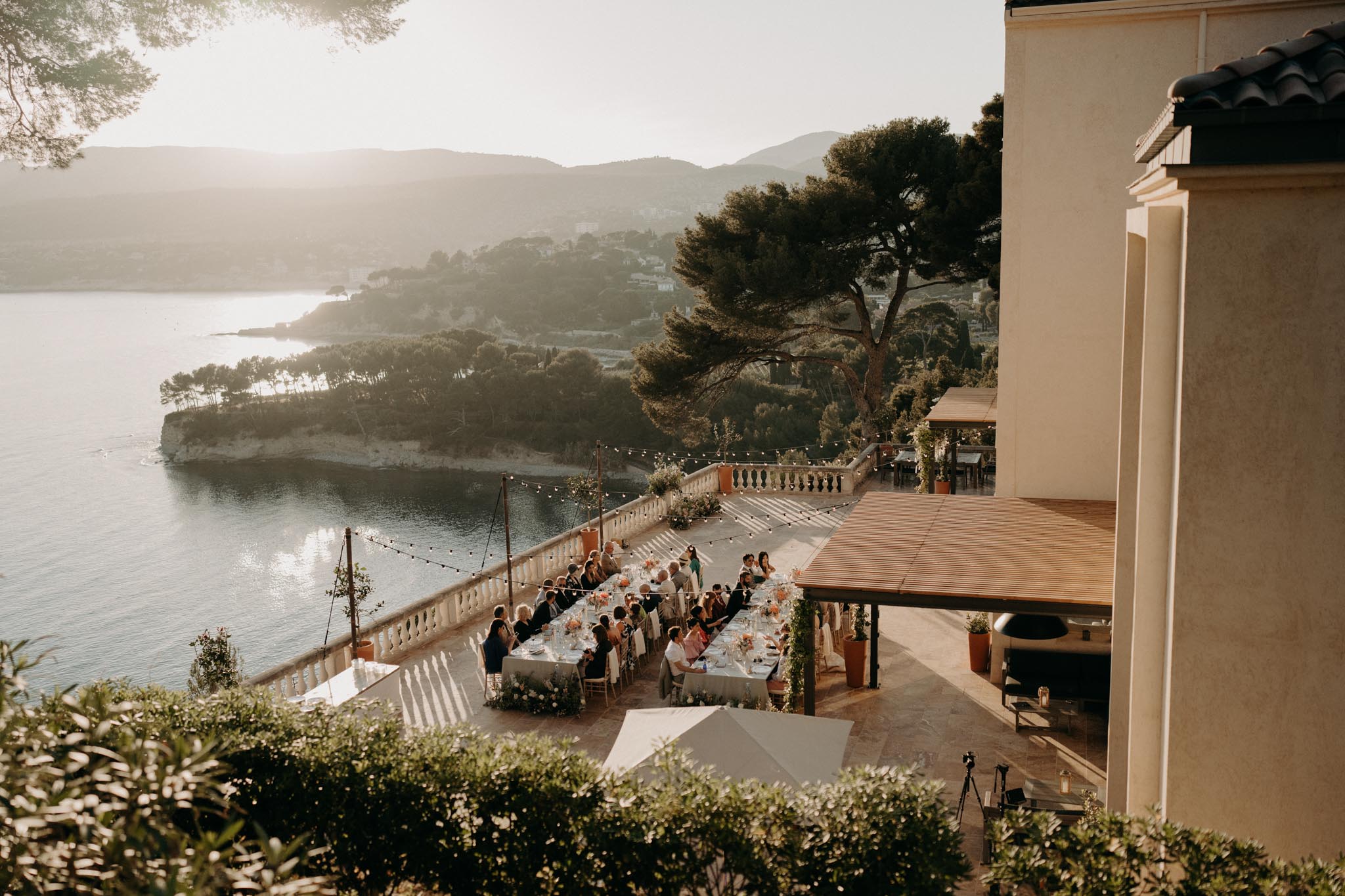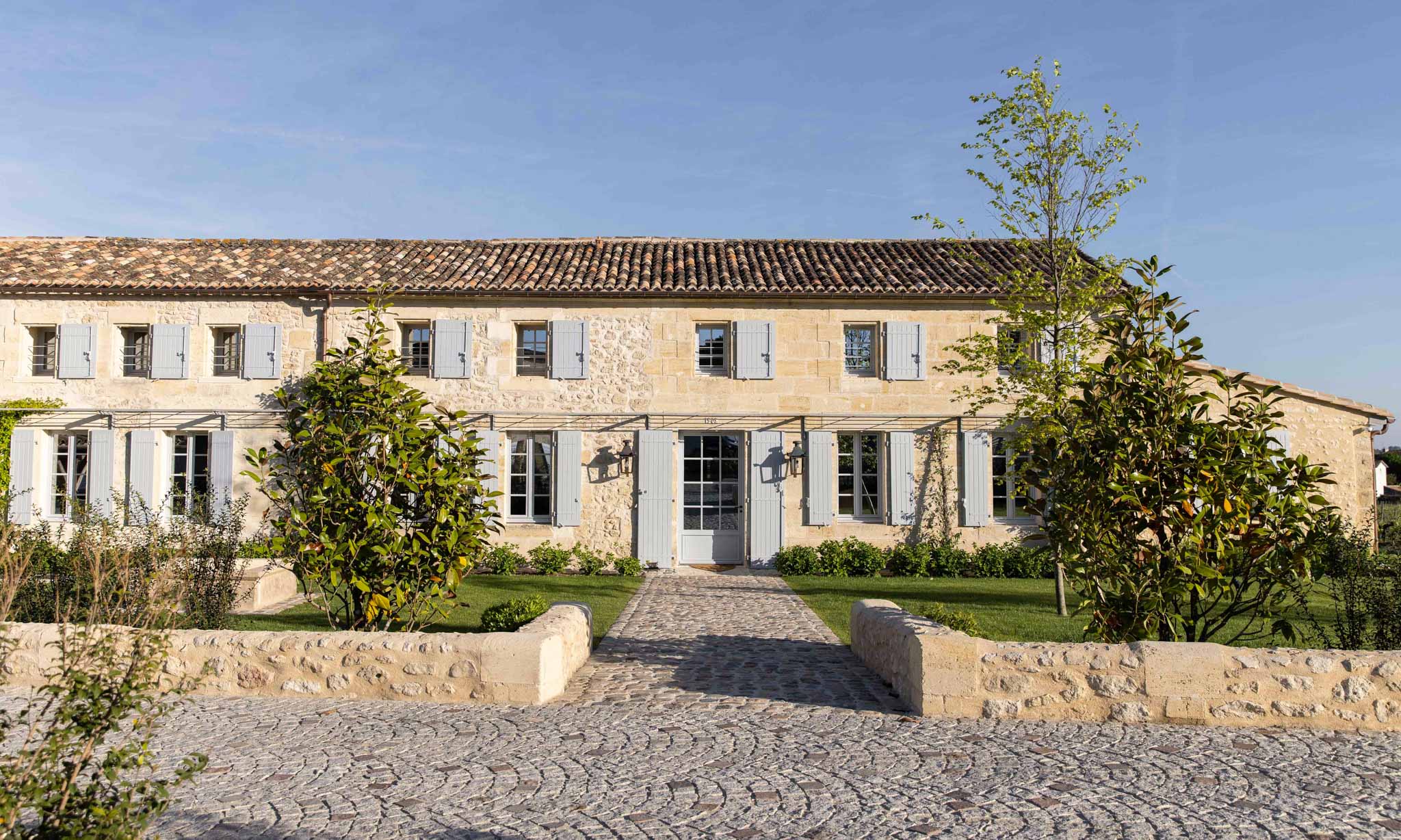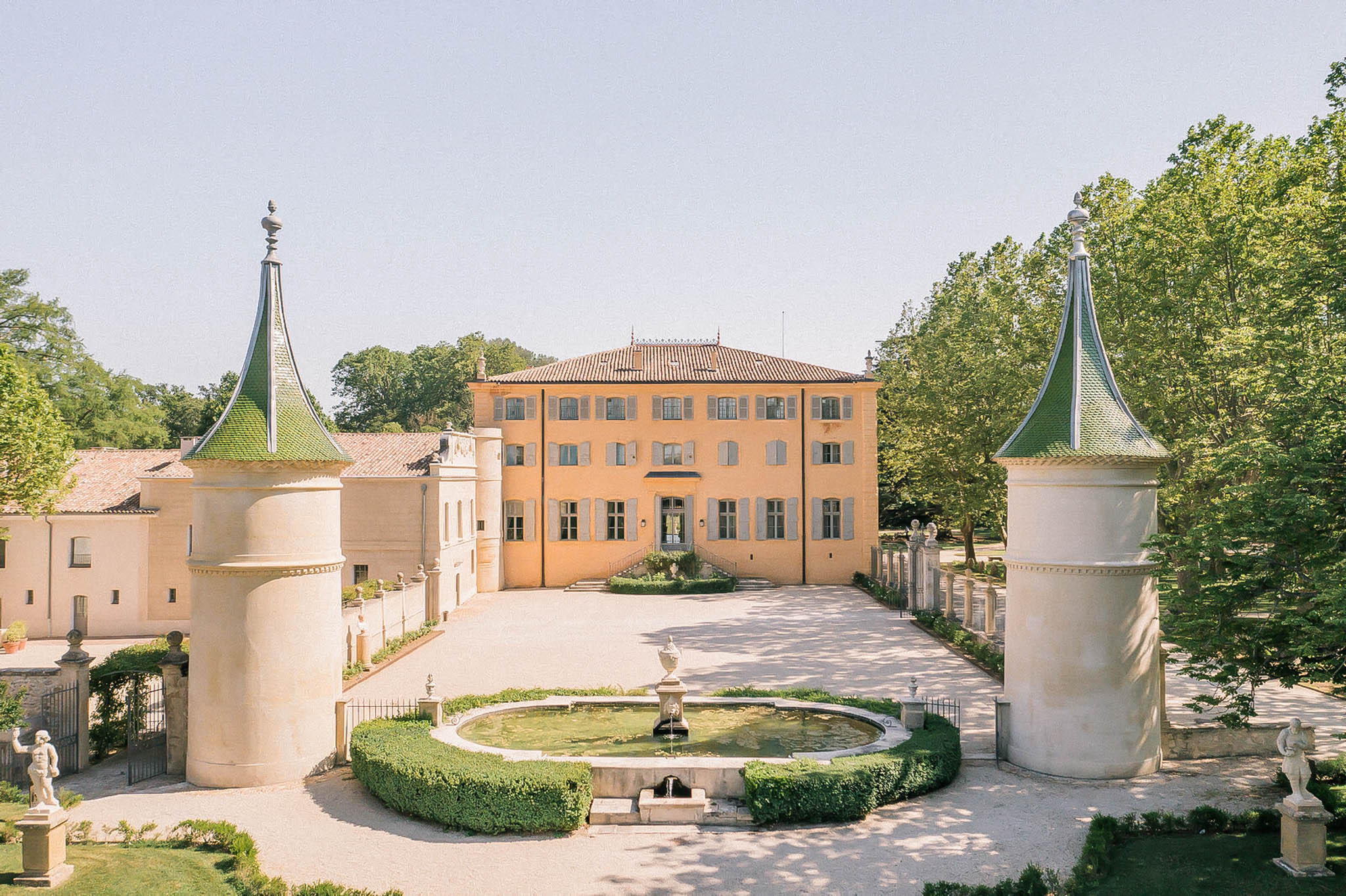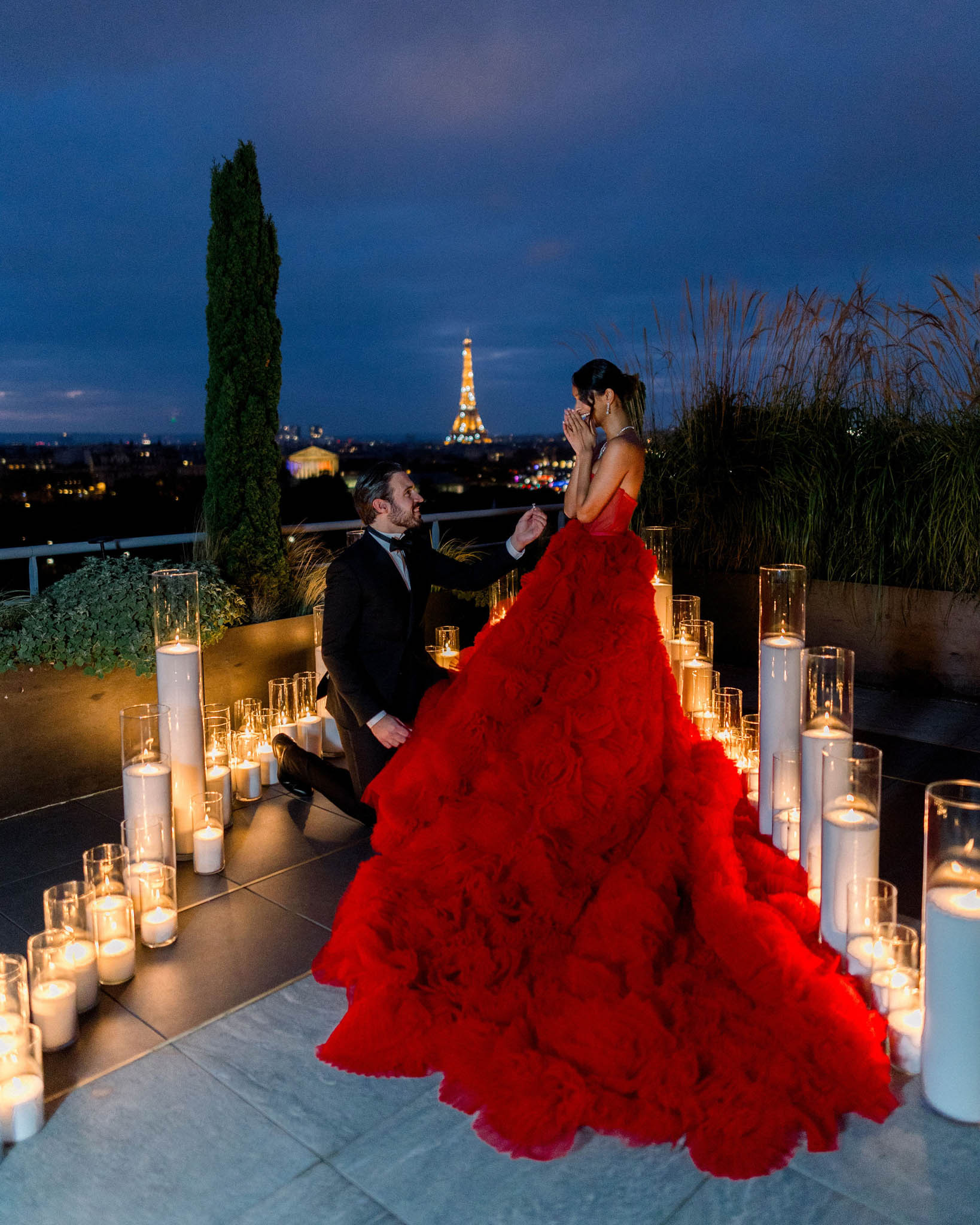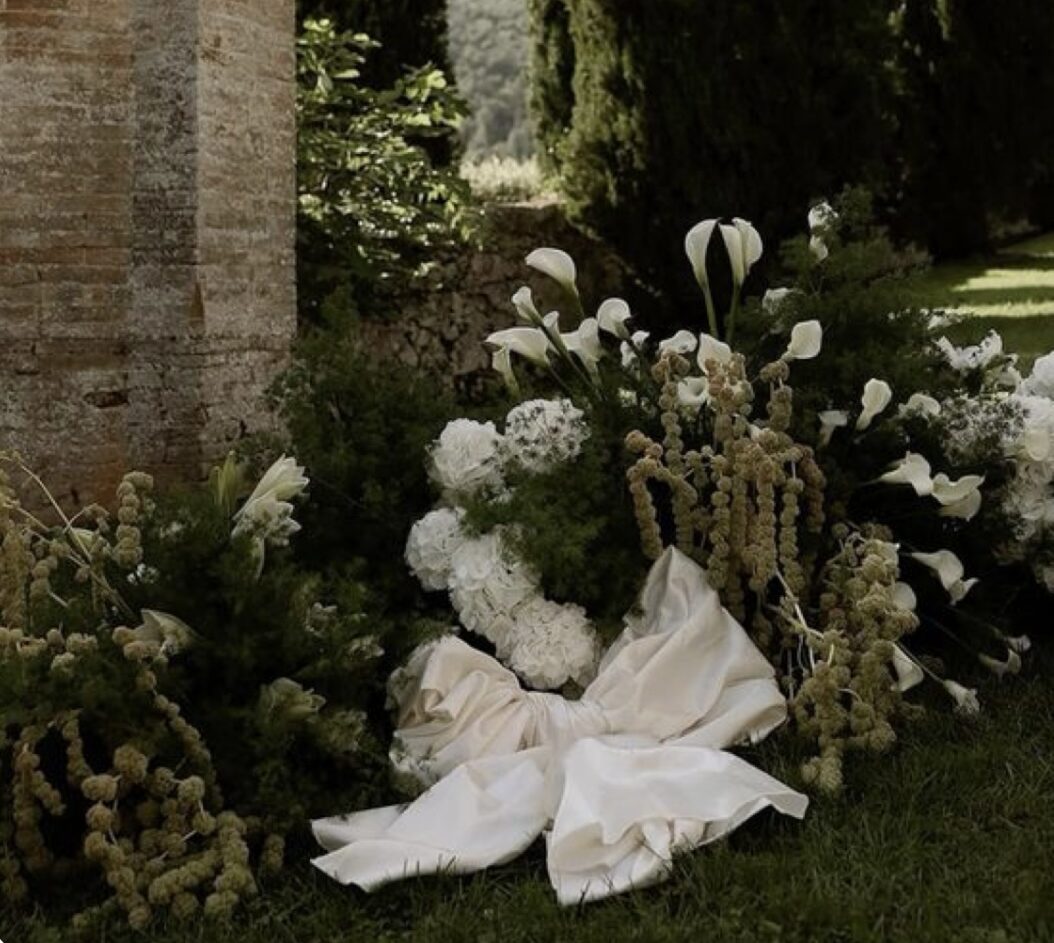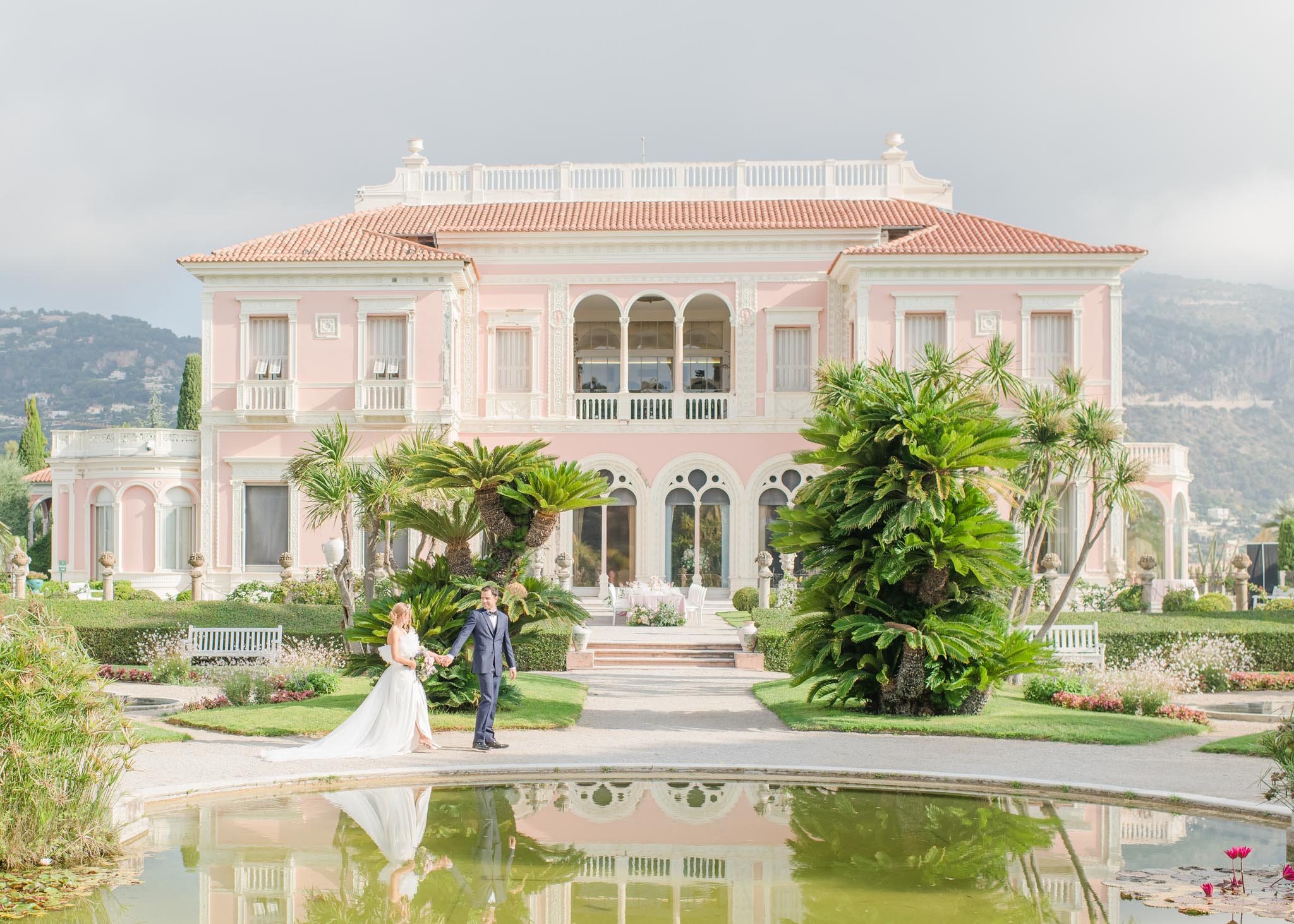As an FWS Belle Bride I am so excited to say that I am getting married this year! It is so exciting but at the moment I am assessing the logistics of a French wedding vs English wedding.
Weather, Cuisine, and a Mini Holiday
When deciding whether to get married in France or in the UK, you might take into account some of the main factors such as the weather, the food, and the chance to turn your wedding into a mini holiday, inviting your guests to discover a part of the world that you love. We certainly did.
We hope that we would have a better chance of hot weather, we love the look of the five course wedding menu suggested to us and can’t wait to show off the part of France I grew up in to our guests.
Logistical Differences to Consider
However, there are some logistical differences between a French wedding and an English wedding that will need to be addressed during the planning stage, especially if you are fully accustomed to English weddings and have mostly English guests.
The Length of the Celebration
It has to be said that nowadays, there is a large variety of weddings, as a bride and groom can choose to make their wedding as traditional or as unique as they wish. However the main difference that remains between a French and a British reception remains its length.
In England, a traditional wedding will see the ceremony (or ceremonies) take place early in the afternoon, followed by the Wedding Breakfast around 4pm or 5pm, finalised by the first dance and dancing around 8pm. As such, the wedding tends to finish around midnight.
In France, not so much. At 6pm, a French wedding is only just starting!
Timing of the French Ceremony
The ceremony can take place in the morning, but will usually take place towards the end of the afternoon around 4pm or so. We asked the mayor if we could get married earlier, and although they agreed to 2:30pm, they insisted on making a point of reminding us that the ceremony would only last 15 minutes, as if they were confused as to why we would want to get married “so much” earlier than the usual practice…
Vin d’Honneur: A Unique French Tradition
The main part of the celebration lies after that though. The ceremony is traditionally followed by a “vin d’honneur”. Here, the bride and groom would usually invite pretty much the whole village, so they can stop by and raise a glass to the newlyweds. In England, the equivalent might be the evening do, where you invite guests that did not attend the ceremony or the Wedding Breakfast. The vin d’honneur usually consists of Champagne or other similar beverage, served with some canapés.

The Lengthy French Wedding Meal
Several hours later, comes the main meal. By this time, it is likely to be around 8pm. Being France, you wouldn’t expect anything less than a big meal for a wedding. Therefore a traditional Wedding Breakfast is likely to include:
- a starter,
- a fish dish,
- a “trou normand” (similar to palate cleanser, a alcohol sorbet or a small glass of spirit to help the digestion),
- the main dish of meat,
- cheese,
- a dessert served with coffee and finally,
- the wedding cake (although this may be served later on in the night with coffee).
Entertainment and Dancing into the Early Hours
Not only is the meal likely to go on for longer than an English Wedding Breakfast because of the amount of courses (and also, because the French do not like to hurry eating), but meals are also made longer as entertainment can take place in between each course.
As such, when booking a French DJ for the night, you might notice that their quote makes reference to “Animation marriage – DJ et animation des jeux”. This can include anything and everything, from pranks, a surprise dance asking everyone to go and sit on the floor, a photo presentation, to guests breaking into a song! Many of these might come as a surprise to the newlyweds, prepared by the guests without their knowledge. Indeed, French people love to organise games to liven up a wedding.
Taking all of this into account, the meal at a French wedding may finish around midnight, and only then will the dancing begin, literally dancing the night away until the early hours of the morning! Then, around 5 or 6am, when your feet are just too tired for you to stand up, comes the onion soup. The last guests will share this with the couple, making the end of the wedding a very convivial one.
Flexibility in Timings
So, all in all, the wedding in itself consists of the same elements. However you may want to check with your providers whether there is any flexibility in timings, if you wished to follow a British timetable.
Things to take into account when considering which traditions to embrace: are your guests staying onsite, or further away from the venue; Do you have many children invited, or even guests with young children or babies who may not want to stay out too late (then again they might be counting down the minutes to a night out!); Will your guests enjoy four hours sat down for the meal; Are you happy asking your guests to think up of entertainment for the meal; will your guests be willing/able to dance after such a long meal…
Embracing Both Cultures
There is no right or wrong answer. It will mainly depend on what suits you best and what kind of night you would prefer.
I am currently in this conundrum… Part of me thinks I am overtaking it far too much and should simply embrace the French aspect of my culture and party the night away! The other half reminds myself that since having the kids I am usually in my PJs by 9pm with a cup of tea or sometimes already in bed! Talking of kids… we also wish to include them in our wedding as much as possible, and Siena loved dancing with everyone in the evening at my sister’s wedding, so this is another reason to try and add a little “Britishness” to the timings…
Share Your Experience
Did you get in married in France? Did you have any surprises with the French timing of things? Did you embrace the French traditions or did you bring over the English way of things for the day? We would love to hear from you on what you chose.



